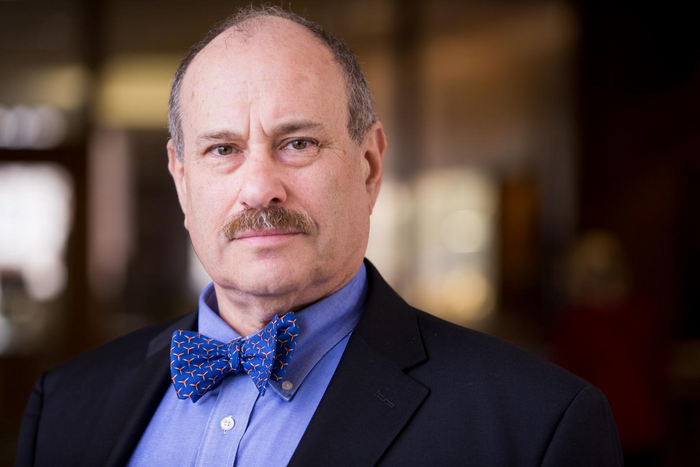CLEVELAND—In the late-1950s, market researchers inserted subliminal messages into movies, encouraging the audience to “eat popcorn” and “drink Coca-Cola.” It didn’t take long for the Federal Communications Commission and U.S. courts to ban subliminal advertising—messages not consciously perceived by the eye but retained subconsciously—as unfair trade practices and “contrary to the public interest.”

Credit: Case Western Reserve University
CLEVELAND—In the late-1950s, market researchers inserted subliminal messages into movies, encouraging the audience to “eat popcorn” and “drink Coca-Cola.” It didn’t take long for the Federal Communications Commission and U.S. courts to ban subliminal advertising—messages not consciously perceived by the eye but retained subconsciously—as unfair trade practices and “contrary to the public interest.”
In modern parlance, these messages are often referred to as “nudges,” but the issue is the same: Is influencing a decision without the participant’s awareness ethically questionable? Within that context, an interdisciplinary team of researchers at Case Western Reserve University is examining how specific types of messaging can subconsciously influence participation in research studies.
“If you can’t use nudges to sell Coke, should you be able to use them to get people to participate in medical experiments?” said Maxwell Mehlman, the study’s co-principal investigator, Distinguished University Professor and the Arthur E. Petersilge Professor of Law at the Case Western Reserve School of Law.
Mehlman, who also co-directs the Law-Medicine Center, is a part of a research team recently awarded a four-year $1.6 million grant by the National Center for Advancing Translational Sciences at the National Institutes of Health (NIH). The team plans to examine ethical and legal concerns raised by the use of nudges—an approach rooted in behavioral economics, decision making, behavioral policy and social psychology—in obtaining consent from people participating in biomedical experiments.
“Nudging includes accepted public health practices such as putting calorie counts on products when it’s not required, placing salad on the menu before the entrees and displaying graphic images on cigarette packages,” Mehlman said. “But when we think about nudging people to be subjects in medical trials, that troubles me. It certainly raises a lot of questions.”
Researchers will learn about nudging techniques used to recruit participants, including skewing the questions asked and the checklist items on consent forms, and how potential subjects view their use. Once the data is collected and analyzed, they will share their findings and make policy recommendations.
Mehlman is joined in the research by co-principal investigator Kim Kaphingst at the University of Utah. Local collaborators include Jessica Berg, CWRU School of Law co-dean; Aaron Goldenberg, Roselle Ponsaran and Ben Schwan, from the Department of Bioethics at the CWRU School of Medicine; and Eric Kodish in department of pediatric hematology-oncology at Cleveland Clinic Children’s.




